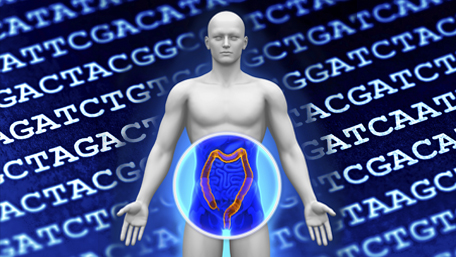
01/25/2023
Hot Topics of the Day are picked by experts to capture the latest information and publications on public health genomics and precision health for various diseases and health topics. Sources include published scientific literature, reviews, blogs and popular press articles.
Sign up MyPHGKB to receive the daily hot topic email alert.
Archived Hot Topics of the Day By Date
How to regulate evolving AI health algorithms.
David W Bates et al. Nature medicine 2023 1 (1) 26
Tools such as ChatGPT threaten transparent science; here are our ground rules for their use.
et al. Nature 2023 1 (7945) 612
Overcoming and mitigating ethical issues raised by artificial intelligence in health and medicine: The search continues
N Liu et al, BMC Blog, December 2022
Rethinking evidence in medicine.
et al. Nature medicine 2023 1 (1) 1
Disparities According to Genetic Ancestry in the Use of Precision Oncology Assays.
Douglas A Mata et al. The New England journal of medicine 2023 1 (3) 281-283
Risk assessment for colorectal cancer via polygenic risk score and lifestyle exposure: a large-scale association study of East Asian and European populations.
Junyi Xin et al. Genome medicine 2023 1 (1) 4
Disclaimer: Articles listed in Hot Topics of the Day are selected by Public Health Genomics Branch to provide current awareness of the scientific literature and news. Inclusion in the update does not necessarily represent the views of the Centers for Disease Control and Prevention nor does it imply endorsement of the article's methods or findings. CDC and DHHS assume no responsibility for the factual accuracy of the items presented. The selection, omission, or content of items does not imply any endorsement or other position taken by CDC or DHHS. Opinion, findings and conclusions expressed by the original authors of items included in the Clips, or persons quoted therein, are strictly their own and are in no way meant to represent the opinion or views of CDC or DHHS. References to publications, news sources, and non-CDC Websites are provided solely for informational purposes and do not imply endorsement by CDC or DHHS.
- Page last reviewed:Feb 1, 2024
- Page last updated:Apr 25, 2024
- Content source:





